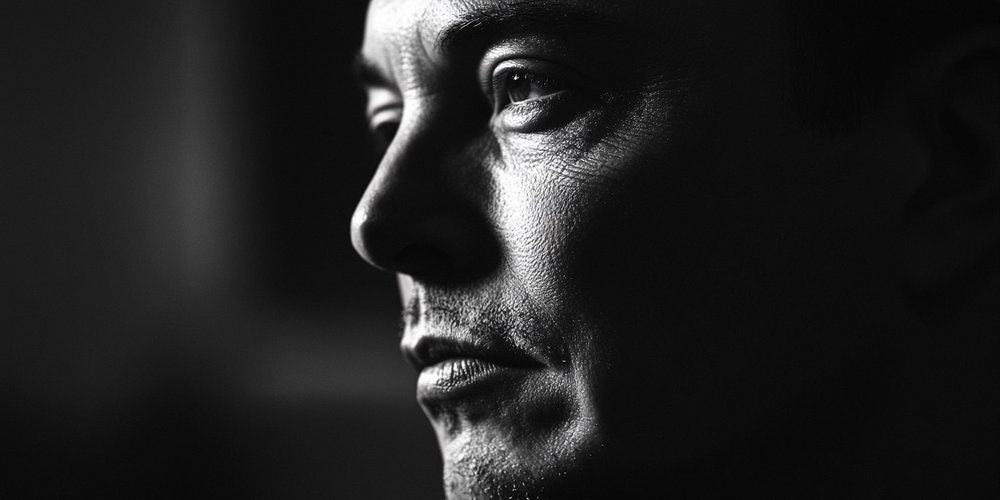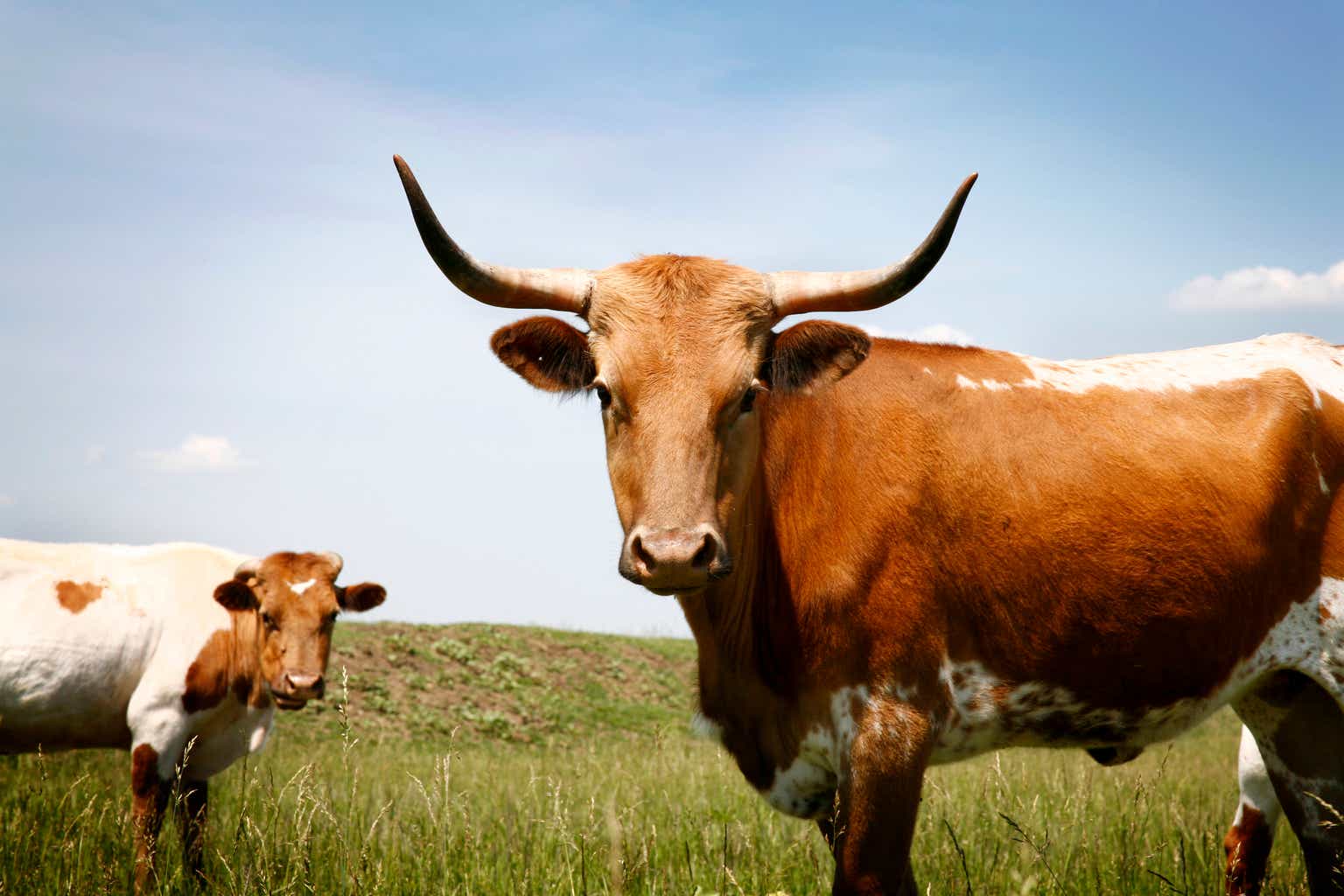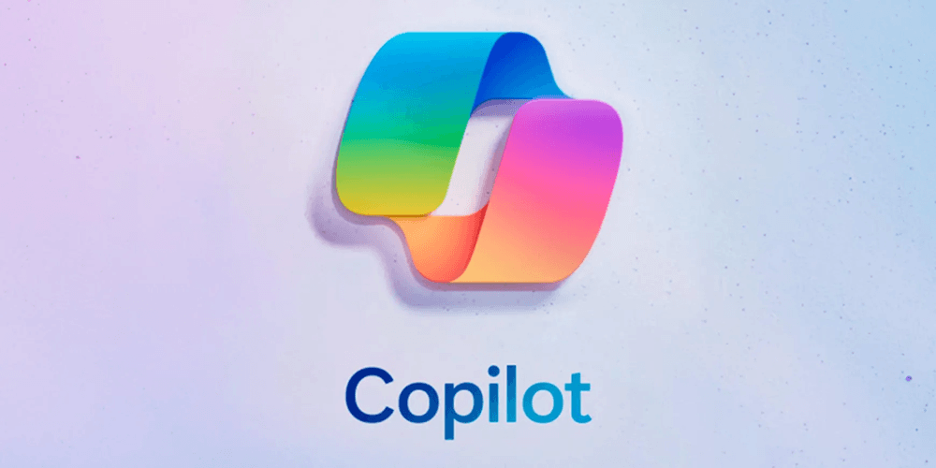Elon Musk's IQ and the Nature of Genius
Elon Musk’s unique blend of visionary thinking and relentless execution offers a modern lens on the nature of genius, challenging traditional definitions of intelligence.

TL;DR We followed up with the NotebookLM team on our article “What is Elon Musk's IQ?“
Image by Midjourney

Podcast Transcript
Bob - 0:00
Right Then today we're taking a deep dive into something. You sent over a rather cheeky article from the AI blog asking, what is Elon Musk's IQ? Oh, right, yeah, the chap, of course, Tesla, SpaceX, xAI all that. Now, yeah, we all have a sense that Musk is a bright one, of course, but this article claims his IQ is likely around 155, really, but is IQ really the be-all and end-all when it comes to measuring intelligence?
Alice - 0:27
That's the very question the article grapples with, yeah, and I'm glad you brought it up. The article uses Musk as a springboard, okay, to discuss a much broader and fascinating topic, okay? Intelligence itself, yeah, what it is how we measure it, right? And if we even can truly measure it, and just wait until we get to the part where it touches upon artificial intelligence, okay, and whether AI could one day surpass human intelligence, right? That's gonna be a real head-scratcher.
Bob - 0:56
Okay, so before we get lost down that particular rabbit hole, yeah, let's start with the figure at hand. Okay? Elon Musk, IQ of 155 put that into context for us.
Alice - 1:06
Well to put it simply, yeah, an IQ of 155 puts someone in the top 2% of the population, right? It suggests an exceptional ability for abstract reasoning, problem-solving, and grasping complex concepts quickly. Someone with an IQ of 155 would likely excel in fields that require, shall we say, a significant amount of intellectual horsepower.
Bob - 1:29
So rocket science, then exactly which, funnily enough, is exactly what he does. But here's the thing, yeah, the article also points out that Musk himself has downplayed the significance of IQ? Oh, right. He's on record saying that it's not the ultimate measure of a person's worth, yeah and that he values qualities like creativity, drive, and a relentless work ethic even more.
Alice - 1:50
Yes, that's a crucial point, right? And it leads us perfectly to a larger discussion about what genius really means. Okay? The article uses other figures often labeled geniuses Leonardo da Vinci and Albert Einstein as examples of how limiting it can be to define genius by IQ alone, right?
Bob - 2:07
Da Vinci the ultimate renaissance man, painter, inventor, engineer, scientist, the lot, and Einstein, while obviously a brilliant mathematician, of course, revolutionized physics with his incredible ability to visualize complex concepts, yes, and think outside the box. Yeah, they both clearly possessed high intelligence, right? But their genius went far beyond what any IQ test could capture.
Alice - 2:36
This article does a brilliant job of highlighting the multi-faceted nature of intelligence, right? It challenges us to think beyond simple metrics like IQ, okay, and consider the full spectrum of human capabilities, right? So I'm curious what constitutes genius to you? Oh, what springs to mind when you hear that word?
Bob - 2:54
It's a great question, isn't it? What makes someone a genius in your eyes? Yeah, is it about groundbreaking achievements, a unique way of thinking, or perhaps a combination of both? That's right, we'd love to hear your thoughts on this, so feel free to drop us a line on social media and share your perspective.
Alice - 3:09
Now, building on this idea of what constitutes genius. Okay, the article delves into the lives and work of two extraordinary physicists, right, Paul Dirac and Richard Feynman. Yes, they were, and still are considered titans in their field, and their contributions to our understanding of the universe are, well, nothing short of mind-blowing.
Bob - 3:31
Yes, I have to admit, this is the part of the article that really grabbed me. Oh, really? I mean, physics, it's fascinating, yeah, but it can also feel a bit well, intimidatingly complex at times, sure, but the way they described Dirac and Feynman, it really brought their brilliance to life.
Alice - 3:48
They were both incredibly gifted but in remarkably different ways. Right, Dirac, for instance, was known for his profound mathematical ability and his elegance of thought. Okay, he was one of the pioneers of quantum mechanics and quantum electrodynamics, right? And his work on antimatter was truly groundbreaking.
Bob - 4:05
And then there's that fantastic quote from him, oh, yeah, it is more important to have beauty in one's equations than to have them fit experiment. It suggests that for Dirac, physics wasn't just about dry calculations and experimental results, it was about finding a deeper, more elegant truth reflected in the mathematics itself. Right? It's beautiful, really.
Alice - 4:27
It is, isn't it? It speaks to a certain esthetic sensibility that some physicists seem to possess. Yeah, they see beauty in the underlying structure of the universe, right, a beauty that can be expressed through elegant mathematical equations. Feynman, on the other hand, was a bit more of a maverick. Okay? He had this incredible knack for explaining complex concepts in a way that was both accessible and, dare I say, entertaining.
Bob - 4:54
He was famous for his diagrams, wasn't he, and his love of bongo drums. It was rather colorful. Character for a physicist, it would seem, indeed. But this is what I loved about the article. It showed how different these two brilliant minds were, yet both made monumental contributions to physics.
Alice - 5:11
Precisely. And that, I think, is another key takeaway here. Okay, genius isn't a monolithic thing, right? It can manifest in many different forms, from the quiet, contemplative brilliance of Dirac to the flamboyant, almost showman-like genius of Feynman.
Bob - 5:27
So it's not just about having a brilliant mind, right? It's about how you use that brilliance, how you approach problems, that's it, and how you communicate your ideas to the world, yeah? And speaking of different approaches to brilliance, the article brings us back to the world of AI, right? It poses a rather provocative question, could artificial intelligence eventually achieve the highest IQ ever? Hmm, now that's a thought that really gets the old cogs turning.
Alice - 5:55
It certainly does. The idea of AI surpassing human intelligence is both fascinating and for some, perhaps a bit unsettling, right? The article delves into the current state of AI, highlighting its incredible advancements in areas like data processing, pattern recognition, and even creative output.
Bob - 6:12
I mean, just look at what AI can do these days. It can write poetry, compose music, and create photorealistic images from scratch. It's astonishing, yeah, but is it truly intelligent? That's the question, isn't it? That's the question, isn't it?
Alice - 6:27
And the article makes an interesting point. Okay, it argues that while AI has made incredible strides, it still lacks a crucial ingredient that we associate with human intelligence, common sense.
Bob - 6:40
Ah, yes, common sense, yes, that elusive quality that seems so simple to us humans yet is so difficult to replicate artificially. But what exactly do we mean by common sense in this context? Oh, can you give us an example of where AI falls short?
Alice - 6:56
Certainly, imagine teaching an AI to make a cup of tea. Okay? You could feed it all the data in the world about water, temperatures, tea types, brewing times, right? But it might still struggle with things like recognizing that the kettle needs to be plugged in, or that you shouldn't pour boiling water directly onto the tea leaves, right? These are things that seem obvious to us, things we learn through experience and observation of the physical world, yeah, but they can be incredibly difficult to program into an AI.
Bob - 7:25
So it's not just about processing power or the ability to learn patterns. No, no, it's not. It's about understanding the nuances of the real world, the unspoken rules and assumptions that we humans take for granted precisely.
Alice - 7:38
And this is where the article’s point about the highest IQ becomes especially thought-provoking, even if an AI could solve incredibly complex problems, right, even if it could outperform humans in many cognitive tasks, yeah, would it truly possess the same kind of intelligence that we do, right? Or would it be something else entirely, something we don't even have a name for yet?
Bob - 8:01
It makes you wonder, doesn't it, if AI could achieve a level of intelligence that surpassed our own, it really does. Would it still be bound by the same limitations that we are? Would it have the same aspirations, the same fears, interesting, the same sense of wonder about the universe? Yeah. Or would its intelligence be something altogether different, something beyond our current comprehension?
Alice - 8:24
These are questions that philosophers and scientists are grappling with right now, and there are no easy answers.
Bob - 8:29
But it's a discussion worth having, wouldn't you say, Yeah, especially as AI continues to evolve at such a rapid pace, what are your thoughts on this? Well, does the idea of AI, surpassing human intelligence, excite you, worry you, or perhaps a bit of both. Love to hear your perspective. Feel free to share your thoughts in the comment section.
Alice - 8:51
It's certainly a topic that sparks the imagination, doesn't it? It does. But before we get too carried away with the possibilities of AI, yeah, let's bring our focus back to the individual who sparked this whole discussion, okay, Elon Musk, right? He's someone who clearly embodies a certain kind of brilliance. Wouldn't you agree?
Bob - 9:10
Absolutely, the article makes the point that, while Musk might have a stratospheric IQ, yeah, it's only one piece of the puzzle, right? What truly sets him apart is his relentless drive, his willingness to take risks, and his unwavering belief in his own vision. He's not afraid to push boundaries and challenge conventional thinking. He certainly seems to embody that Richard Feynman quote we mentioned earlier, the one about preferring a half-finished product that he can rapidly improve. Musk isn't afraid to iterate, experiment, and fail fast. He seems to thrive on that constant process of innovation. It's not just a thinker. He's a doer, that's right, and that's a potent combination. Indeed.
Alice - 9:51
He's someone who seems to operate on a different level, thinking several steps ahead of most people. Yeah, who else would come up with the. Idea of sending humans to Mars or creating a network of underground tunnels to alleviate traffic congestion, right? He's a visionary, and he's actively working to make his vision a reality.
Bob - 10:11
And whether you agree with his methods or his grand plans, there's no denying that Elon Musk is a force to be reckoned with. Well, he is, isn't he? He's someone who inspires strong reactions, both positive and negative, yeah, but one thing's for sure, he's not afraid to shake things up. And that,
Alice - 10:27
I think, brings us back to the bigger question we've been exploring, what is genius? Is it a single number, like an IQ score, right? Or is it something far more complex and multifaceted.
Bob - 10:38
We've seen through the examples of Elon Musk, Leonardo, DaVinci, Albert Einstein, Cole Dirac, and Richard Feynman, that genius can manifest in so many different forms. Absolutely, it can be about pushing the boundaries of science and technology, creating art that moves and inspires, or even just having a unique way of looking at the world.
Alice - 10:58
It's about pushing boundaries, challenging assumptions, and never losing that childlike sense of wonder about the world. And you know, it's not just about the extraordinary achievements of a select few, right? The potential for genius, in its own way, resides within each of us.
Bob - 11:15
That's a lovely thought, isn't it? It is that we all have the capacity for brilliance, even if it expresses itself in different ways, but I think we've reached a natural point to pause our deep dive for now. Okay, we've covered a lot of ground today, from Elon Musk's supposed IQ to the nature of genius itself. But before we go, I want to leave you with something to ponder. We've discussed the brilliance of physicists, yeah, the potential of AI, and the unique drive of Elon Musk, of course. But what about you? Yeah, what are your own definitions of genius? That's right, what sparks that sense of awe and inspiration in you Exactly? Is it a particular scientific discovery, a work of art? Yeah, a feat of engineering? Maybe, or perhaps it's something closer to home, okay? A friend with a unique talent, right? A family member who overcomes challenges with remarkable resilience, yeah, or even a moment of personal insight that changes your perspective on the world.
Alice - 12:10
It's a brilliant question to end on, right? We've explored all these fascinating examples of brilliance today, yeah, from the mind-bending theories of Dirac and Feynman right to the entrepreneurial spirit of Musk, but perhaps the real deep dive begins now. Yeah, as you reflect on your own encounters with genius in all its diverse forms,
Bob - 12:29
Beautifully put and on that note, I think it's time to wrap up this deep dive into the nature of genius. We've journeyed from the rarefied air of theoretical physics to the cutting edge of AI, and along the way, we've explored what it truly means to be brilliant. We hope this has sparked some new ideas, some fresh perspectives, and perhaps even a renewed sense of wonder about the extraordinary capabilities of the human mind. Until next time, keep those brains buzzing, and remember genius isn't just about being clever, it's about using your cleverness to make a difference. Cheers.
We used Otter to transcribe the podcast and it does a very good job at identifying the 2 speakers (99%) - there are some minor issues with overlapping voices and when the audio transitions to the other speaker, but generally very good - we are getting there!
Related Elon Musk Articles
What's Your Reaction?































